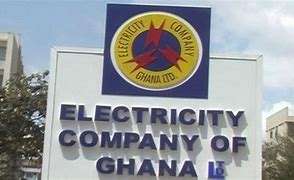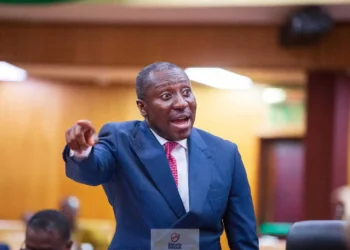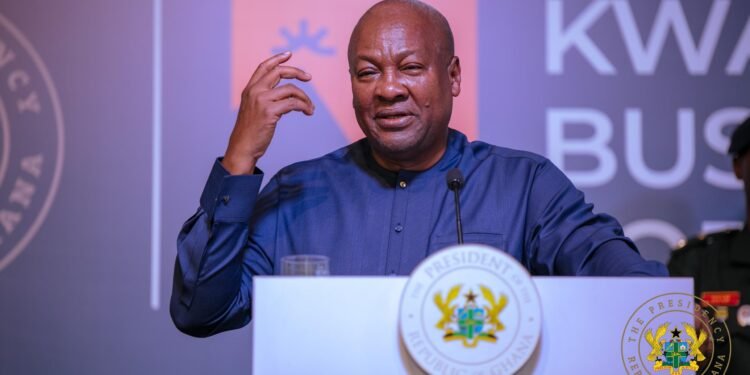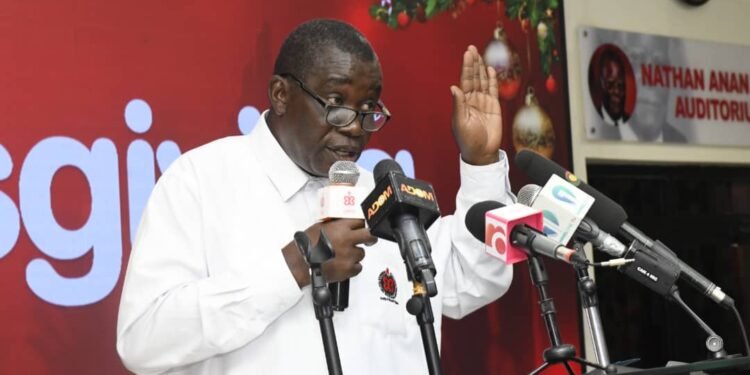The Ministry of Finance has announced the commencement of a 15% Value Added Tax (VAT) on electricity consumption for residential customers, effective from January 1, 2024. The decision, aligned with the government’s Medium-Term Revenue Strategy and the International Monetary Fund (IMF) Supported Post Covid-19 Programme for Economic Growth (PC-PEG), is aimed at boosting revenue but has faced immediate backlash.
The VAT implementation applies to residential customers exceeding the maximum consumption level specified for block charges for lifeline units.
However, it is crucial to note that VAT remains exempt for electricity supply to dwellings up to the specified maximum consumption level, as outlined in the VAT Act of 2013.
“The Electricity Company of Ghana (ECG) and the Northern Electricity Distribution Company (NEDCO) are, hereby, requested to liaise with the Ghana Revenue Authority (GRA) to ensure that the implementation of VAT for residential customers of electricity above the maximum consumption level specified for block charges for lifeline units takes effect on 1 January 2024, in line with Sectio35 and 37 and the First Schedule (9) of Act 870.”
“By a copy of this letter GRA is requested to ensure that it liaises with ECG and NEDCO for the transfer of the revenues collected from the implementation of VAT on the subject matter as part of its domestic VAT collections”
Ministry of Finance

This development has triggered concerns among citizens, particularly given the already challenging energy landscape in the country. The Electricity Company of Ghana (ECG) and the Northern Electricity Distribution Company (NEDCO) have been directed to collaborate with the Ghana Revenue Authority (GRA) to enforce the VAT implementation.
Calls For Load-shedding Timetable
The announcement came on the heels of power challenges in the country, with former Minister of Energy and Petroleum, Emmanuel Armah-Kofi Buah, attributing recent power cuts to the Ghana National Petroleum Corporation’s (GNPC) inability to fulfill payment obligations to the West African Gas Pipeline Company Limited (WAPCo). The WAPCo is responsible for transporting gas from Takoradi to Tema for power generation. Additionally, ECG’s struggles to pay off-takers have contributed to the country’s current load-shedding woes.
Buah highlighted the severity of the situation, noting that 500 MW of load shedding occurred as of January 9, 2024, plunging parts of the country into darkness due to gas unavailability for thermal plants in the Tema enclave.
“The lack of transparency and communication regarding the power outage schedule only adds to the frustration and inconvenience experienced by the affected population”, he emphasized.
Urging the Ghana Grid Company to release a load-shedding timetable, Buah stressed the importance of providing households and businesses the ability to plan effectively.

In response to the power challenges, Deputy Energy Minister Andrew Egyapa Mercer assured Ghanaians that the issues leading to recent power outages have been completely resolved. He conveyed that the Ministry of Finance disbursed $10 million to WAPCo for gas supply on January 10, reinforcing the commitment to uninterrupted power supply.
However, the Executive Director of Africa Centre for Energy Policy (ACEP), Benjamin Boakye, has expressed fears that the Electricity Company of Ghana (ECG) will ‘discretionary’ abuse whatever is collected following the implementation of the 15 % Value Added Tax (VAT) on electricity consumption.
“Your haircut will not be the same in 2024. Meanwhile, only a few honest ones Will pay their bill, and ECG will discretionary abuse whatever is collected.”
Benjamin Boakye
The impact of these decisions on citizens’ pockets and the overall economic landscape remains a focal point of public discourse.
Ghana has faced persistent energy crises, notably experiencing severe power shortages from 2012 to 2016, termed “Dumsor.” Inadequate generation capacity, financial challenges, and fuel supply issues contributed. Though improvements have been made, occasional power challenges persist, emphasizing the ongoing need for sustainable solutions to ensure a stable energy supply.
READ ALSO: The Youth Manifesto “Votes” For Jobs























